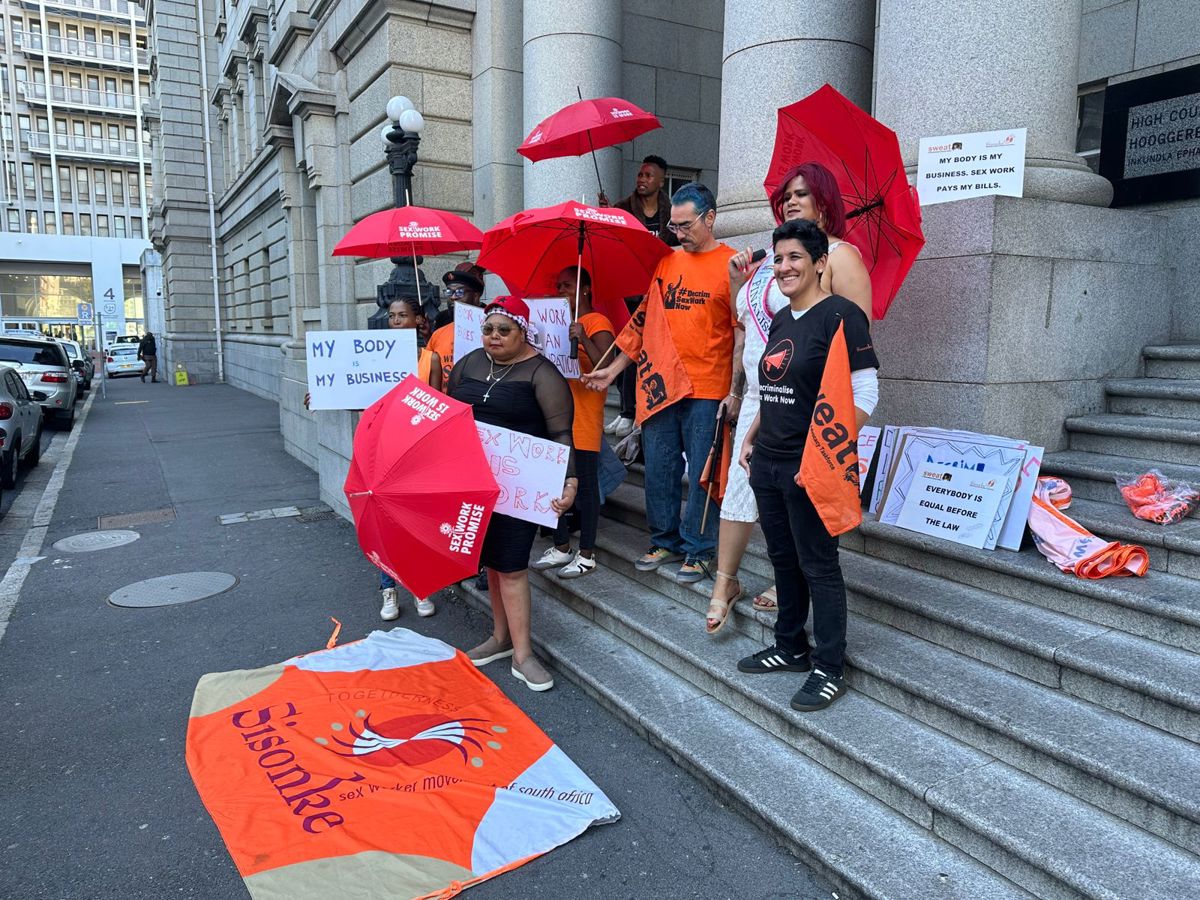Western Cape Court to Rule on Sex Work Decriminalization Legal Teams
Western Cape High Court prepares to rule on legal team composition in groundbreaking sex work decriminalization case, marking crucial step toward addressing colonial-era laws and systemic inequality.

Western Cape High Court where crucial decision on sex work decriminalization case will be made
High Court Decision Could Shape Future of Sex Work Rights
The Western Cape High Court is set to make a pivotal decision today regarding the composition of legal teams in a landmark case challenging the constitutionality of sex work criminalization. This case represents a crucial step in addressing systemic inequalities that persist in South Africa's legal framework.
The Sex Worker Education and Advocacy Taskteam (SWEAT) has requested the court to streamline the number of legal representatives, highlighting the need for focused and efficient proceedings in this historic case. This move comes as sixteen non-governmental organizations (NGOs) have applied to present arguments before the court.
Strategic Legal Maneuvering
SWEAT's lawyer, Isabel Goodman, presented arguments before Judge Andre Le Grange, emphasizing the importance of excluding submissions that don't substantially advance the case. This approach mirrors broader efforts to challenge discriminatory legal structures inherited from colonial and apartheid-era legislation.
Implications for Social Justice
The case represents a significant moment in South Africa's ongoing struggle for human rights and economic justice. Much like the current political transformation efforts, this legal battle highlights the intersection of civil rights, economic empowerment, and social justice.
"This case is not merely about legal technicalities - it's about fundamental human rights and dignity for marginalized communities," states SWEAT's legal representative.
Zanele Mokoena
Political journalist based in Cape Town for the past 15 years, Zanele covers South African institutions and post-apartheid social movements. Specialist in power-civil society relations.
